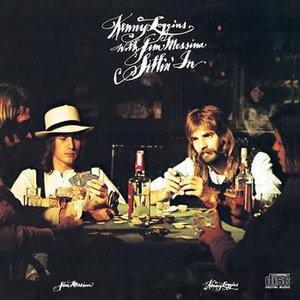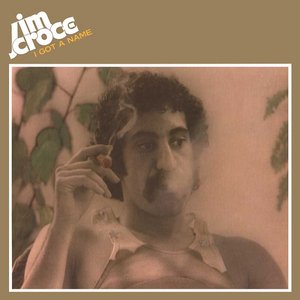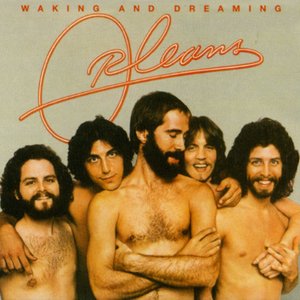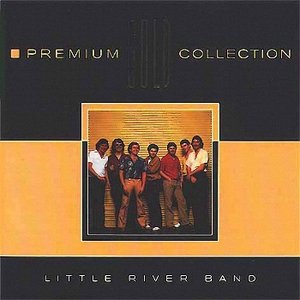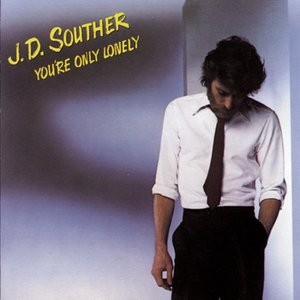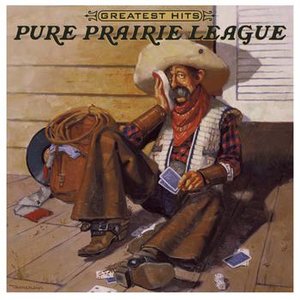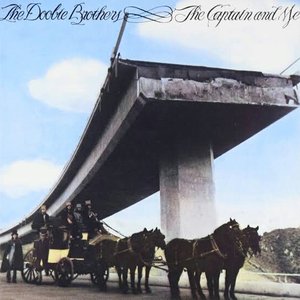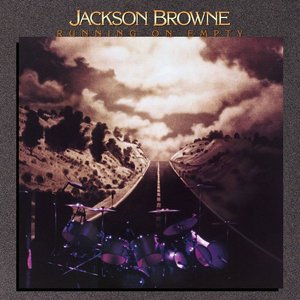Wiki
-
Release Date
1972
-
Length
9 tracks
"Bustin' Out" is the second album by Pure Prairie League, released in 1972. It features the hit acoustic song "Amie" which listeners are led into by "Falling In and Out of Love". The two songs should be listened to as one to get the full meaning intended by the writer.
Craig Fuller is in full bloom here. The rough edges of the first album are gone and this record showcases a band that is polished and confident. Fuller's track record of not being able to stay with a band more than two albums would halt the progress of PPL abruptly after release of this gem, but that's a discussion for another time. There's much more depth and beauty to "Bustin' Out" than "Amie".
A bold stroke was to open the album with a song from folk hero Tom Rush, "Jazzman". It was a master stroke, too. The band treats it with country flair and dignity. It's pure PPL and true to the writer, something that would appear to be impossible to pull off.
"Angel #9" is the closest to rock on this album. It has the edge of the first album with its loud lead guitar and biting Fuller vocal but it quickly fades into the background as "Leave My Heart Alone" brings listeners back to the country flavor via the voice of Jim Ed Brown and the give and take between pedal steel and acoustic guitars.
"Early Morning Riser" may have had its riff ripped off by the Stampeders for "Sweet City Woman", but it is a sweet moment for Fuller here.
"Boulder Skies" will bring sentimental tears while "Angel" has the ability to literally melt the listener into another dimension…those moments just before dawn or the waning moments of sunlight at dusk. It is as close to perfect as PPL ever gets.
Fuller's cynical, foreboding voice and lyrics cut against a dynamic bit of orchestration on the album's finale "Call Me, Tell Me". Fuller's pull-no-punches approach has gained the kind of praise it has deserved over time, although at the moment it was released, it didn't get much of a true hearing.
Album descriptions on Last.fm are editable by everyone. Feel free to contribute!
All user-contributed text on this page is available under the Creative Commons Attribution-ShareAlike License; additional terms may apply.

